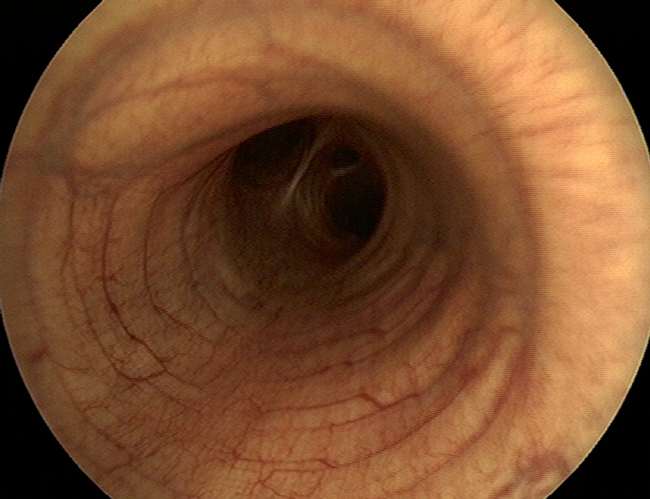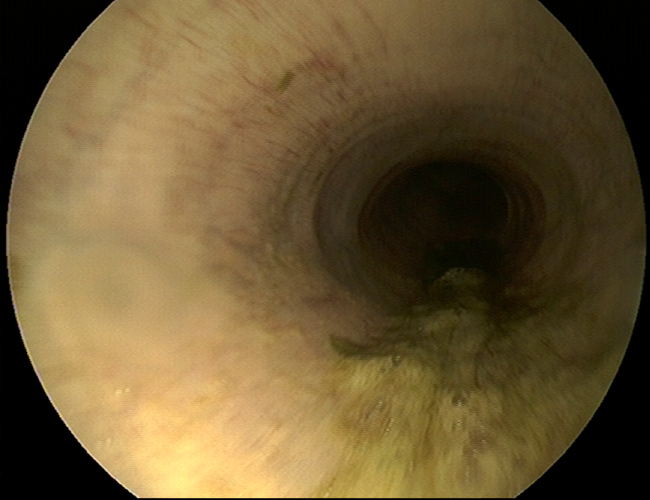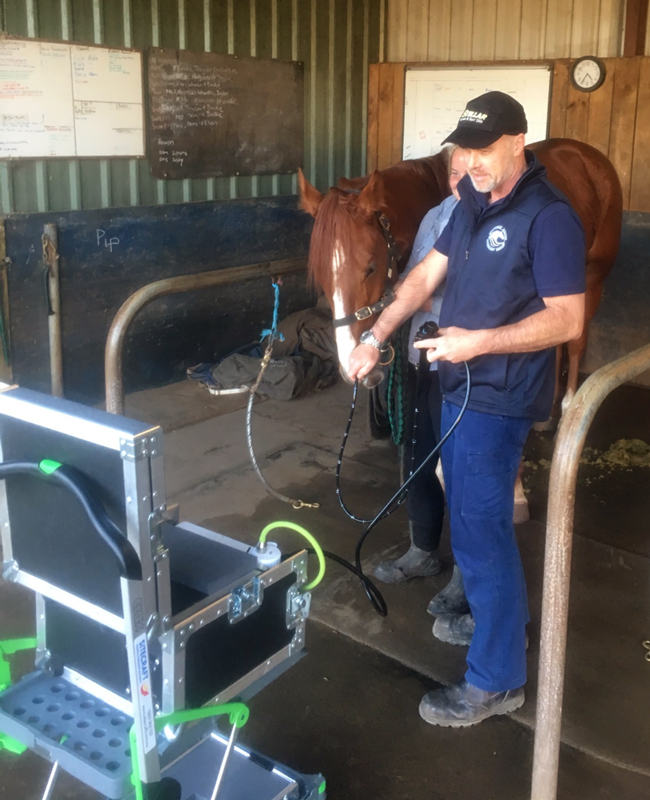Does your horse or horses cough during or after exercise, do they have nasal discharge or are they just performing below the level you expect from them? If so they may have a lower airway disease.
What is the cause?
The cause of these clinical signs in horses can arise from infectious agents such as bacteria, viruses or fungal spores or from an inflammatory airway disease as a result of allergies from exposure to dust or other toxins in the air. A primary bacterial infection can often take hold in young, stressed or immune compromised horses, viral infections such as the influenza or herpes virus can cause disease and can also allow for secondary bacterial infections to take hold and poor air quality from dust, smoke or poorly ventilated barns can irritate airways and initiate inflammatory disease or prolong infectious disease.
What signs should we look out for?
Coughing, nasal discharge and poor performance (with or without a high temperature) are the outward signs that your horse(s) may have lower airway disease. If your horse is coughing it can be useful to observe when it occurs and the number of coughs. Horses can give a single cough like us when eating or exercising without meaning they have lower airway disease. However, if your horse coughs several times during or after exercising it can mean that they have increased mucus in their trachea and can be an indicator that further investigation could be warranted. If a racehorse horse coughs several times after fast exercise it may also be a sign of EIPH (exercised induced pulmonary haemorrage) and would warrant further investigation also. If you notice that your horse begins to cough more when they are brought inside or when there is increased dust or other particles in the air it may mean they have an inflammatory airway disease. If multiple horses are coughing it may be a sign that there is infection within the group. Having said all of this horses have an insensitive cough reflex and it is not advisable to associate this with a completely disease free horse.
If your horse is performing poorly, lower airway disease should be considered when trying to find a reason. The level of mucus present in the trachea correlates well with the volume present deeper in the lungs where gas exchange takes place. In racehorses and competition horses who are in strenuous exercise mucus in the airway can mean a drop in performance levels.
Nasal discharge can also be a sign that there is a lower airway disease, however it is not specific and could arise as a result of various other disease processes, all of which warrant further investigation.
How do I investigate it further?
A general clinical exam by your vet is the best way to begin the investigation including a history of the signs you are noticing. Respiratory rate, effort and auscultation of the lung sounds may help diagnose severe problems such as pneumonia or horses that may have severe allergic disease.
The use of an endoscope passed through the nose is the most efficient way of detecting lower airway disease in horses. This is usually done with minimal restraint and without sedation in the majority of horses. The scope lets us visualise the pharynx, larynx and trachea and allows for us to see if mucus is present in the airway. This will be graded on a scale of 0 to 4; with 0 being no mucus and 4 being a large volume in a thick and continuous stream. A sample of the lower airway secretions can be taken using a tracheal lavage. This is where we use the endoscope to aspirate mucus from the trachea and allows us to collect a sample that can be evaluated on closer inspection and can also be sent away to the laboratory for further analysis. Laboratory analysis can be very useful in differentiating an infectious (eg. bacterial) from a non-infectious (eg. allergy) cause. It can also help in selecting the most appropriate antibiotic for treatment (if required) and can show if the horse has had an episode of EIPH in the recent past.
Blood sampling is a useful tool in investigating respiratory disease in the systemically unwell horse. However horses may have mucus in the airways without being systemically unwell and may not show signs of this inflammation on their blood results, particularly in cases of allergic disease or EIPH.
How do we treat Lower Airway Disease?
This depends on our findings on investigation and the short and long term goals with your horse(s). Competition horses with moderate Lower Airway Disease will need a reduction in training intensity while there are moderate levels of mucus present in the trachea. If an infectious cause is found and quick resolution is required aggressive antibiotic treatment may be implemented with the help of a culture from a tracheal lavage sample. This may be the case with an eventer or racehorse that is in preparation for an event and where a break in training regime would be costly. Horses with no short term performance goals or non-performance horses may not require treatment as the disease will more than likely resolve on its own within several weeks. Care however should be taken with these horses in order not to spread the disease by mixing them with healthy horses be it at home or at a show/event.
If an inflammatory condition is diagnosed removal of the causative agent such as decreasing dust or turn out to pasture may help in improving the disease. Speak with us about the little changes in management that may improve your horse’s allergies. Systemic or inhaled steroids can be prescribed to help decrease the level of mucus production in these horses also.
Prevention
Prevention is always the best cure and many steps can be taken to ensure your horses are at lower risk of picking up this disease. Vaccinating against common viruses should reduce the incidence of these pathogens in your group. Without these viruses secondary bacterial disease is also a lot less likely.
Quarantining new horses before introduction to the rest of the group is also a good idea to ensure you do not introduce any unwanted pathogens to otherwise healthy horses. Keeping horses divided according to age group can also help as many pathogens can be passed from older horses with better developed immunity to younger horses. This is often the case with horses on their first prep as they are exposed to these pathogens for the first time.
For horses with inflammatory airway disease as a result of allergies ventilation is key to improving their health. Housing them in the better ventilated areas of the yard as well as just general reduction in the dust and toxins in their air space will help them. Often these horses will improve if turned out to pasture both due to improvement in air quality and due to more time spent with their head down grazing which helps with the expulsion of the dust, toxins and mucus in their airways.
How can we help?
The vets at Southwest Equine are more than happy to perform general health checks on your horses if you have any worries about your horse’s health or performance. We can provide vaccinations to help prevent the onset of some common pathogens and also provide blood tests to check for signs of systemic infections or inflammation. We also have a state of the art video endoscope which allows us to take great pictures and videos of your horse’s airways as well as allowing us to take tracheal wash samples for a more in depth analysis of any mucus or discharge in the lower airways.



